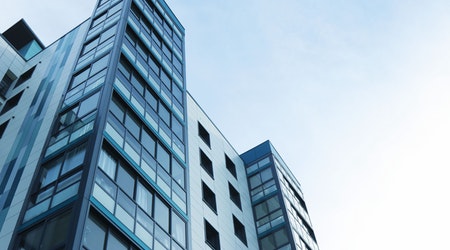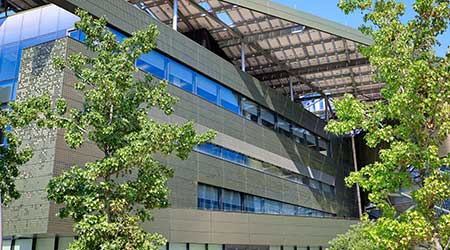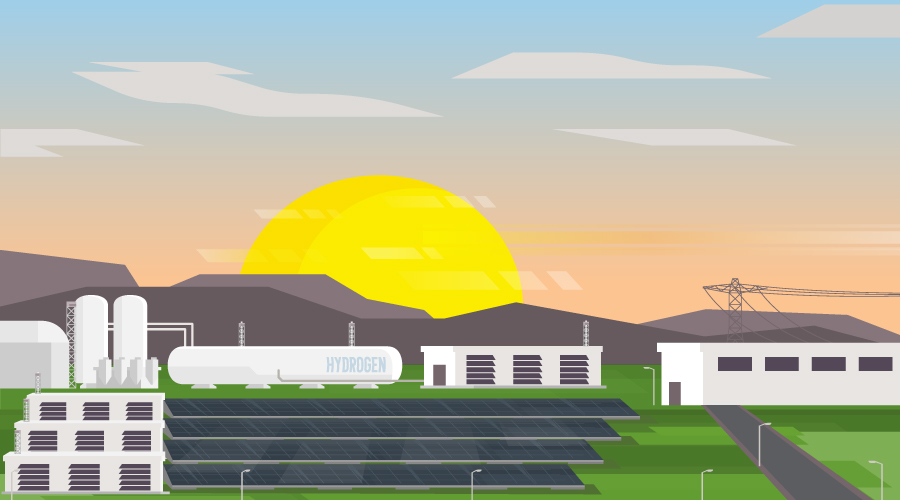Commercial Real Estate Developers Should Be Green, NAIOP Says
The real estate development industry should employ every technically feasible, cost-effective, sustainable strategy available to increase energy efficiency of new and existing buildings, according to a new policy on energy adopted by National Association of Industrial and Office Properties (NAIOP).
The real estate development industry should employ every technically feasible, cost-effective, sustainable strategy available to increase energy efficiency of new and existing buildings, according to a new policy on energy adopted by National Association of Industrial and Office Properties (NAIOP).
In the new policy, NAIOP commits to:
—Encourage the real estate development industry to employ every technically feasible, cost-effective, sustainable strategy availableto increase energy efficiency of new and existing buildings, and to employ cleaner, low carbon energy alternatives (including onsite energy), wherever possible.
—Advance public policies that accelerate ongoing energy efficiency and sustainability gains; support cleaner (including onsite) energy alternatives; and promote, wherever practical, less carbon intensive transportation options to and from buildings.
—Engage in educational programs, seminars and conferences to help employ best practices for energy efficient development.
"NAIOP and its members understand that reducing energy usage within the development process and lifecycle of the building is not only a responsibility we have to our industry, communities and our tenants, but a practice that makes good business sense," says Alan J. Beaudette, senior vice president of Harsch Investment Properties and 2008 NAIOP chairman.
Toward its efforts of reduced energy use by commercial development, NAIOP plans to work with local, state and national policy makers to support and implement specific initiatives and development practices.
NAIOP has announced support for the following policy changes:
Creating energy efficiency incentives for new and existing buildings through research and development and local, state and federal taxprovisions; encouraging construction of more energy efficient sustainable buildings through robust incentives, such as priority building permit review, improved tax treatment and zoning density bonuses.
Allowing for real estate to participate directly or indirectly in greenhouse gas "Cap and Trade" markets in a way that recognizes, where appropriate, past and current energy conservation efforts.
Support accelerated development of and increased access to cleaner, more efficient and lower carbon fuels, including onsite ordistributed generation and "net metering."
"Increased energy efficiency and better use of non-carbon based fuels are critical and can produce reduced CO2 emissions," said Thomas J. Bisacquino, NAIOP president. "These efficiencies can be achieved through a combination of forward-thinking building development, retrofits, operational practices and positive incentive based changes in public policy."
The Energy Policy follows NAIOP's Policy on Sustainable Development, which was announced in September 2007. That statement calls on NAIOP members "to employ every usable, cost-effective, sustainable strategy available."
Related Topics:












